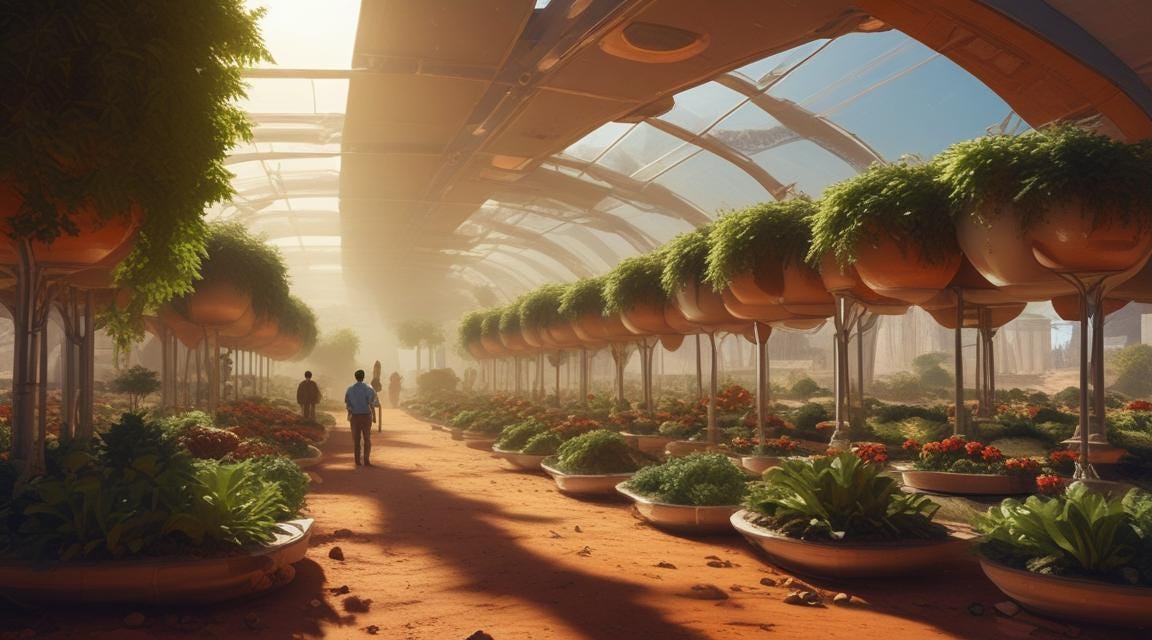The article concludes that for Anglo-Futurism, environmentalism isn't just about conservation for its own sake but is deeply connected to cultural preservation, community resilience, and a sustainable future where humans and nature thrive together.
You can read more about this in my book, Collected Essays on AngloFuturism Philosophy. It is exclusively published on Amazon.
Here is the link:
https://www.amazon.co.uk/Collected-AngloFuturism-Philosophy-Alexander-DAlbini-ebook/dp/B0DPLMHK3C/ref=mp_s_a_1_1?crid=2D0ZMV2TZQSUA&dib=eyJ2IjoiMSJ9.61rEf3XmLShRm8z13DBJMsjGGKqZ_XOEziPRRmFOztI.FWzsnBfcidCgwJ-idUlpVMj1H_lIFypBWzf8auoerlw&dib_tag=se&keywords=anglofuturism&nsdOptOutParam=true&qid=1733740587&sprefix=%2Caps%2C171&sr=8-1





I can sort of see where you’re coming from. Gardening is the art of balancing order and chaos. I do think English gardening swings too far to the order side, creating picturesque but bland lifeless landscapes. As someone who has partaken in reforesting projects, there is always some ‘order’ required to create an effective ecosystem, even if it’s not a neat and tidy looking order.
Personally I do like the idea of areas of nature where humans are forbidden. It allows nature to maintain its mystery.
Gardening is the war against the chaos that comes from neglect and ignorance. The oldest occupation is that of Adam in the Garden of Eden, he was a gardner given the task by God to maintain the garden. It’s more than that he’s job was to be a co worker with the Creator in keeping the creation from falling back into the chaos from which it was created. This is still our task even now.